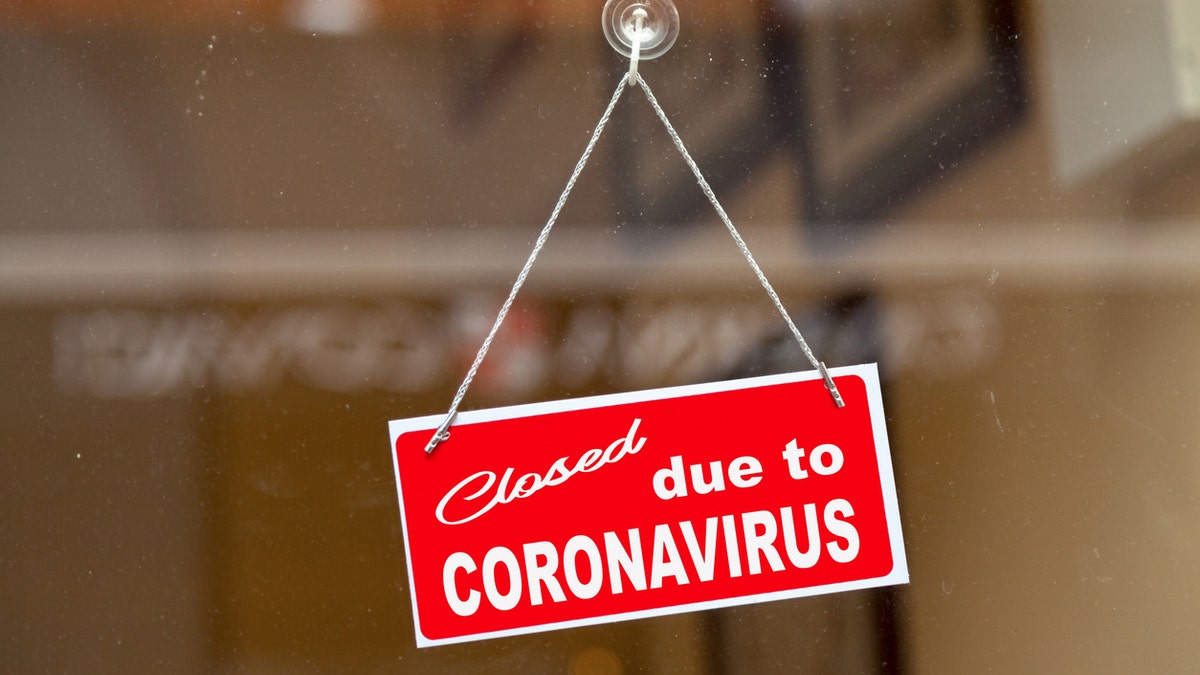Fox News Flash top headlines for January 15
Fox News Flash top headlines are here. Check out what's clicking on Foxnews.com.
They say money can’t buy happiness, but it can buy the kind of lifestyle that allows a person to social distance during a dangerous pandemic.
Wealthier people were more likely to engage in "self-protective behaviors" like social distancing and wearing a mask in the early stages of the COVID-19 pandemic, a new study from Johns Hopkins University economists published in the Journal of Population Economics found.
That may not be a surprise to anyone who remembers rich people fleeing crowded cities and snapping up secluded vacation homes last spring, but the researchers were able to measure the different responses to the pandemic beyond anecdotal reports.

Wealthier people were more likely to engage in "self-protective behaviors" like social distancing and wearing a mask in the early stages of the COVID-19 pandemic. (iStock)
CORONAVIRUS DEATHS WORLDWIDE TOP 2M, JOHNS HOPKINS UNIVERSITY REPORTS
People making about $230,000 a year were 54% more likely to take self-protective action than people making $13,000, according to the study, which surveyed 1,000 people in the U.S last April.
Higher-income people were more likely to be in a position that allowed them to change their behavior, the researchers said. People making more money were also more likely to have transitioned to working remotely during the pandemic. They were 24% more likely to social distance than those who could not telework.
Nick Papageorge, the Broadus Mitchell associate professor of economics at Johns Hopkins, was the lead author on the paper.
CLICK HERE TO GET THE FOX NEWS APP
"The whole messaging of this pandemic is you’re stuck at home teleworking, that must be really tough so here are some recipes for sourdough starter, and here’s what you should catch up on Netflix," Papageorge said in a written statement. "But what about the people who aren’t teleworking? What are they going to do?"
Those lower-income people who couldn’t work remotely were also more likely to lose their job because of the pandemic. They were also less likely to live in homes with access to outdoor space, which the researchers said would have made them 20% more likely to be able to social distance.

Lower-income people who couldn’t work remotely were also more likely to lose their job because of the pandemic. (iStock)
CLICK HERE FOR COMPLETE CORONAVIRUS COVERAGE
The goal wasn’t just to rub in how good rich people have it. The findings could be used to better predict how the coronavirus will spread, according to the researchers.
"We need to understand these differences because we can wring our hands, and we can blame and shame, but in a way it doesn’t matter," Papageorge said. "Policymakers just need to recognize who is going to socially distance, for how long, why and under what circumstances to give us accurate predictions of how the disease will spread and help us establish policies that will be useful."









































